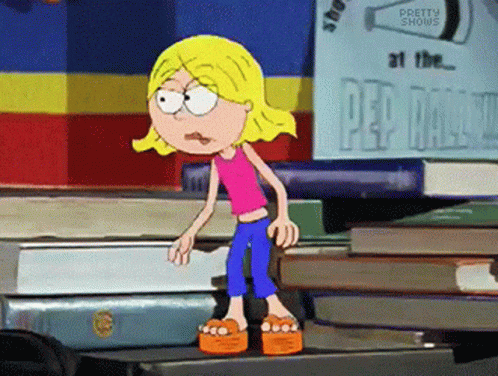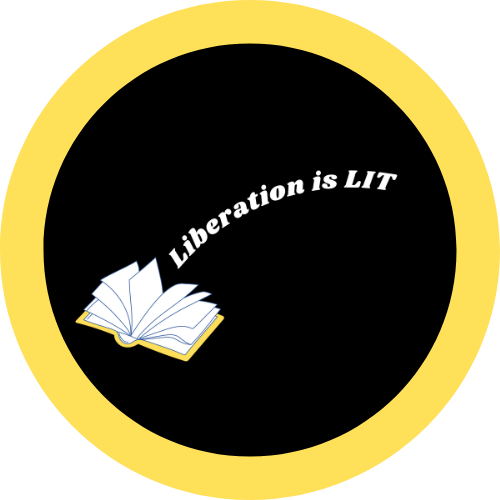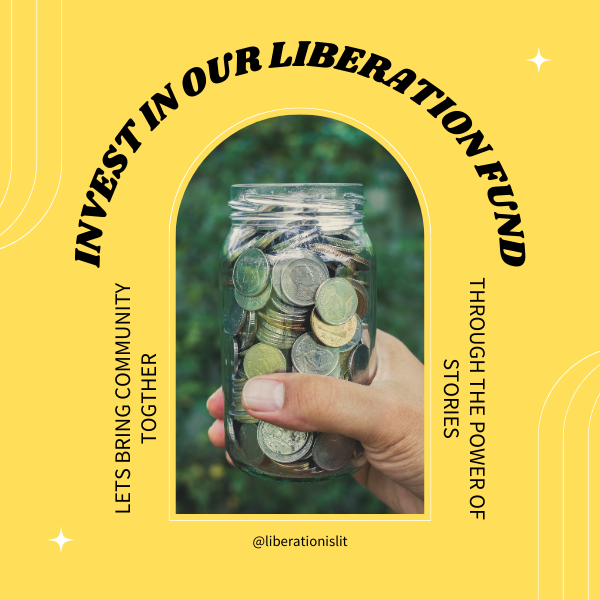As first posted on feministbookclub.com
I was sure Jessica George was writing about my life when she wrote Maame. Granted, I am not living in London, nor am I of Ghanaian descent (not that I know of anyway…thanks transatlantic slave trade). I don’t have a dad diagnosed with Parkinson’s, nor do I have a mom who splits her time between here and Ghana.
But for all the differences in my life, I really connected to Maddie’s story. I felt connected to the expectations of the eldest daughter. We are so often the glue of families, taking care of everyone and holding things together. Who are we if we are not taking care of others? What could our lives look like if we lived for ourselves?
These are the questions Maddie is asking of herself throughout the novel. Grief and guilt complicate the answers she comes up with, but she nevertheless remains on this journey to find herself.
A note on the title: Maame translates to woman in Twi, but the connotation is maternal, referring to a figure who takes care of others. Maddie was given this nickname as a young child, and has had to carry this burden since then. And this I really connected to.
A Coming-of-Age Story
Maddie’s character development was exceptional. I loved how she was able to grow throughout the story. And the way George demonstrated this growth was so creative, from the incessant googling Maddie implements, to her little cartoon Lizzie McGuire version of herself that’s in her head. This is a great coming-of-age story for a twentysomething, and it explores everything from dating and sex to navigating independence from family.

Something else I really connected to was the conversation about dating and sex. I definitely felt similar when I was in college and all my friends were talking about sex and relationships and I felt like a late bloomer. I felt immense pressure to just get sex out of the way so I could be like everyone else. In an effort not to spoil anything, when Maddie does have sex for the first time, it creates nuance around what consent actually is.
By Us, for Us?
I could have done without the subtle education on microaggressions for white people. I feel like some amazing books I have read include this to appeal to white readers (like The Other Black Girl and Such a Fun Age). When I see it, I am taken out of the story because it’s clear to me that a situation I understand as my lived experience is being explained away. It feels a lot like someone explaining a joke.
And while there’s nothing inherently wrong about using your platform to educate white people about racism/unconscious bias/microaggressions, it can be irritating, like having someone ask a bunch of questions during a movie.
Overall, however, I really enjoyed the story! Definitely a 5-star read for me. I recommend it to any [Black] first-born daughters, or daughters who are there to take care of everyone else!


